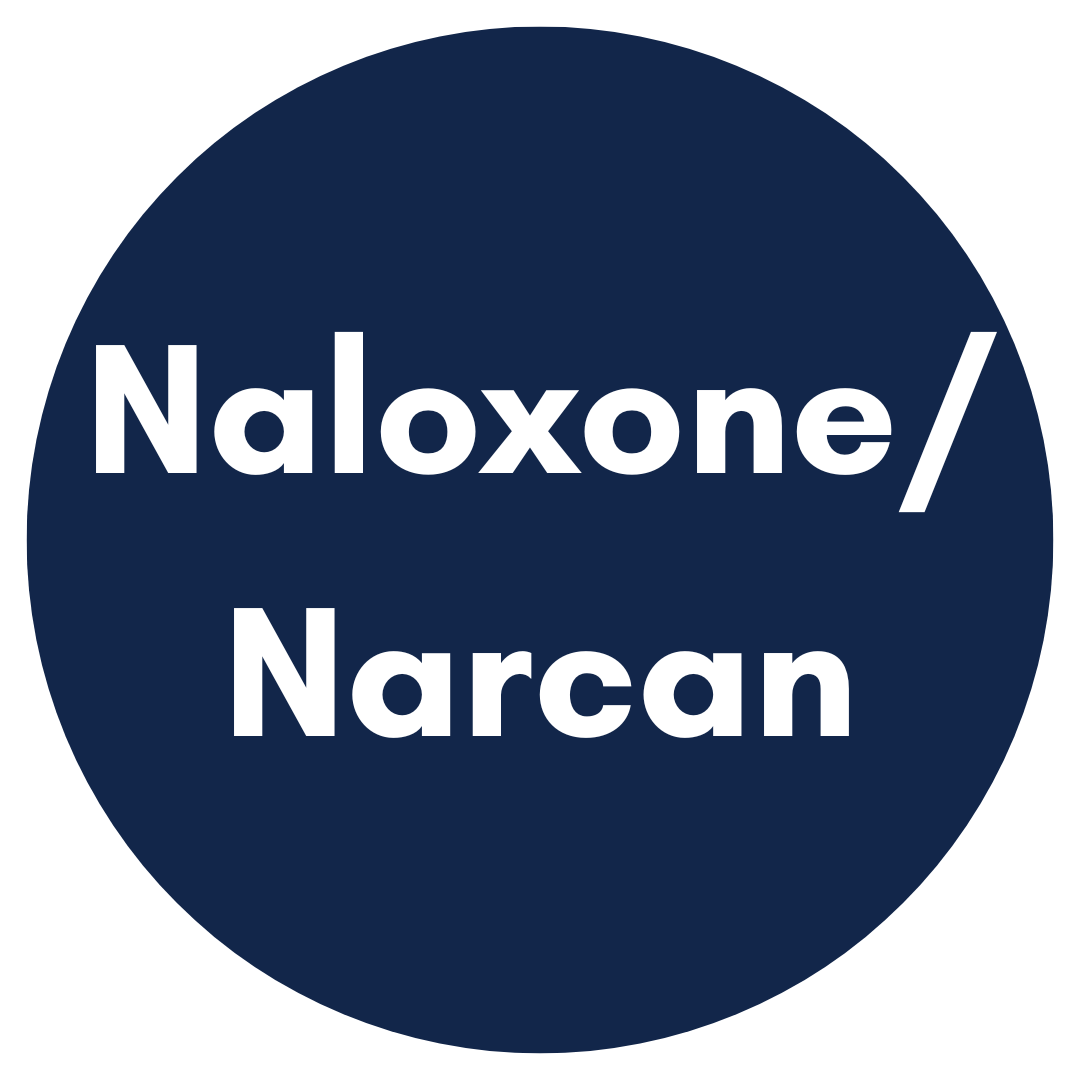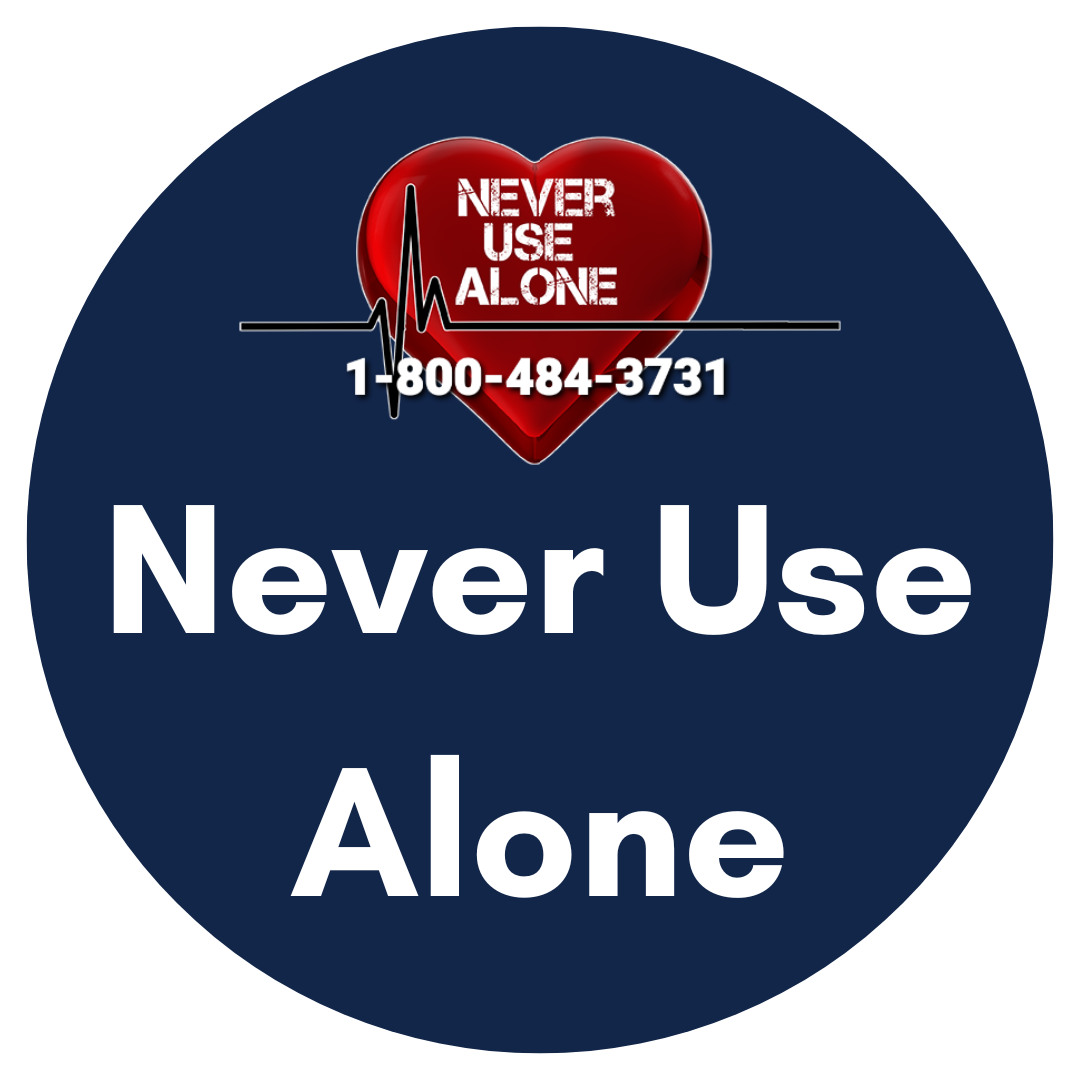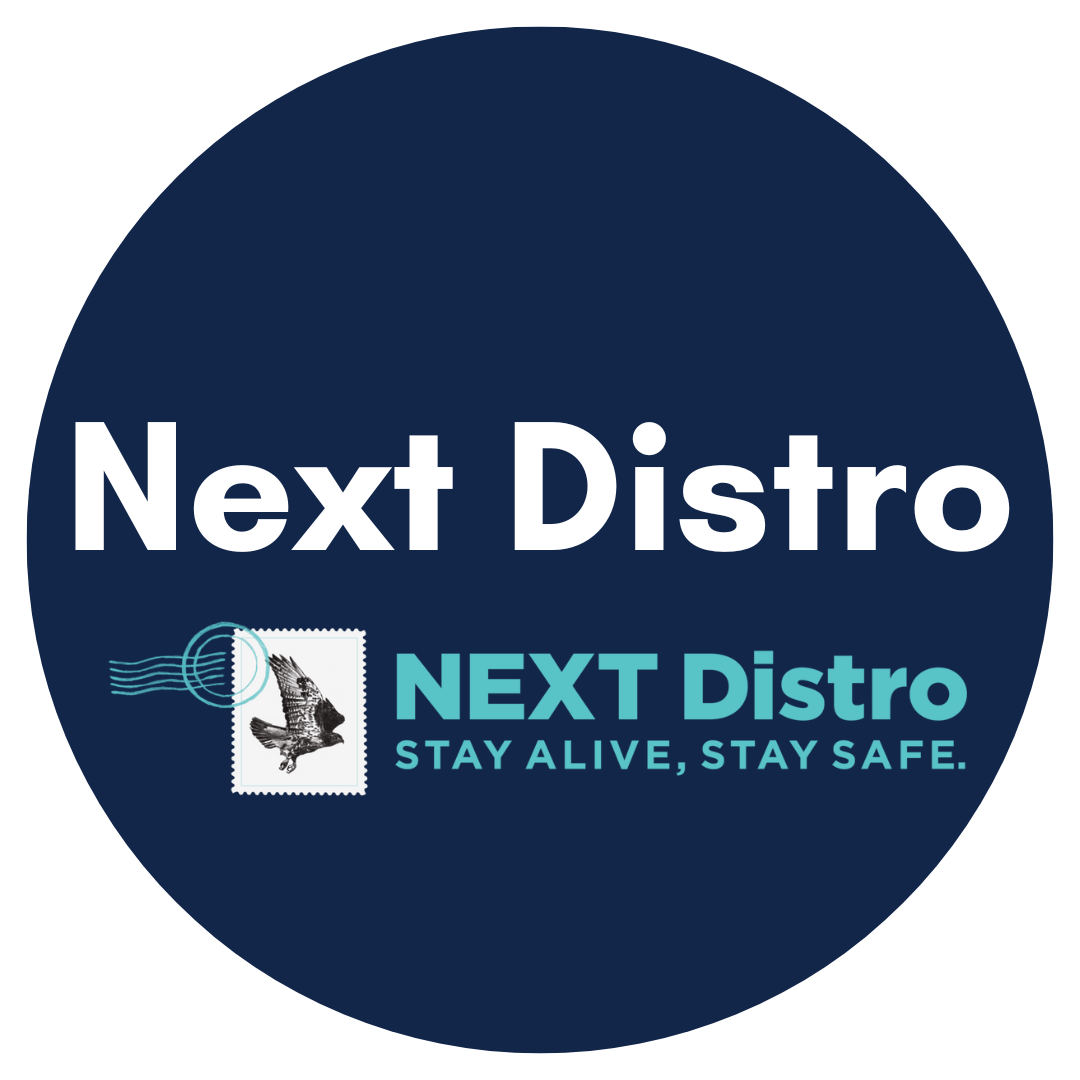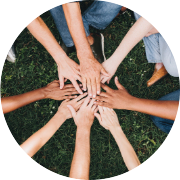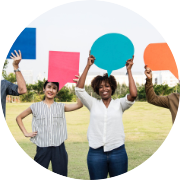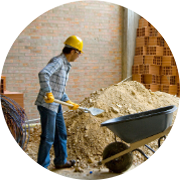SEEKING SUPPORT
There are many ways to stay safe and reduce the risk of infection or overdose. Use as many tips as possible to dramatically reduce harm, but even just using one is beneficial.
There are many pathways to recovery and it may take a combination of therapies to reach sobriety. The first step is getting in touch with a recovery specialist who can connect you to local treatment centers and resources that are the best fit for you.
Medications for Opioid Use Disorder (MOUD) can help with cravings and withdrawal symptoms. MOUD is effective in helping people overcome addiction, stay in recovery longer, and prevent reoccurence of use. Taking these medications during treatment doesn't mean taking the easy way out; it means finding something that works best for that individual
Twelve-Step Faciliation Therapy is an individual active engagement strategy designed to encourage people to accept drug addiction as a chronic, progressive disease and prepare them to begin a 12-step mutual support program..
Outpatient Counseling can help people understand addiction, their triggers, and their reasons for using drugs. This form of treatment can be done at a doctor's office or via telehealth appointment.
Inpatient Rehabilitation at a full-time facility provides a supportive environment to help people recover without distractions or temptations.
According to the CDC, an opioid overdose happens when too much of the drug interrupts the brain's activity and body's natural drive to breathe.
Overdose can happen to anyone, however there are certain factors that increase risk, including:
- Combining opioids with alcohol or other drugs.
- Taking high daily doses or more than prescribed.
- Taking illicit or illegal opioids.
- Medical conditions such as sleep apnea or reduced kidney or liver function.
- Age greater than 65 years old.
If you think someone is experiencing an overdose:
- Call 911 immediately
- Administer Narcan
- Keep the person awake and breathing
- Lie the person on their side
- Stay with the person until help arrives
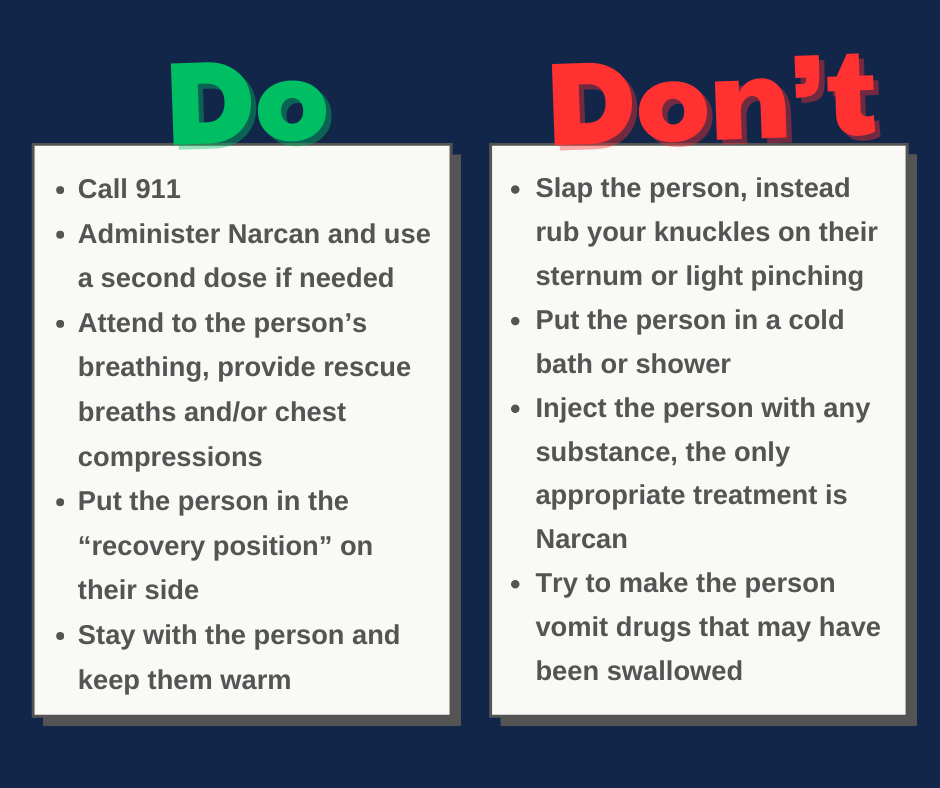
Wisconsin Addiction Recovery Helpline
This free and confidential service helps you find local treatment and recovery services. You can call, text, or chat online with a resource specialist 24/7.
1-833-944-4673
www.addictionhelpwi.org
SAMHSA
Substance Abuse and Mental Health Services Administration (SAMHSA) offers treatment directories via their online platform and phone hotline.
1-800-662-HELP (4357)
TTY: 1-800-487-4889
www.samhsa.gov/find-help/national-helpline
WISHOPE
Find local treatment resources, naloxone pharmacies, and drug drop boxes. Call their peer to peer recovery resource and support line to get connected with services in your area.
Call 1-844-WIS-HOPE
www.wishope.org
Veteran's Crisis Line
The Veteran's Crisis Line offers veterans and their families assistance through their hotline, online chat, or text.
1-800-273-TALK (8255)
TTY: 1-800-799-4889
www.veteranscrisisline.net
Racine County Crisis Line
Crisis Services provide emergency mental health services 24 hours a day/seven days a week to assist in developing response plans to provide information and resources to meet an individual’s service need.
1-262-638-6741
Call 2-1-1
or text your zip code to
898211
for local treatment resources.
Racine County Human Services
Behavioral Health Services provides a comprehensive array of mental health and substance abuse services including outpatient evaluations, psychotherapy, and counseling. BHS is available Monday - Friday, 8am - 5pm.
1-262-638-6744
Racine County Opioid Resource Line
1-262-638-6375





